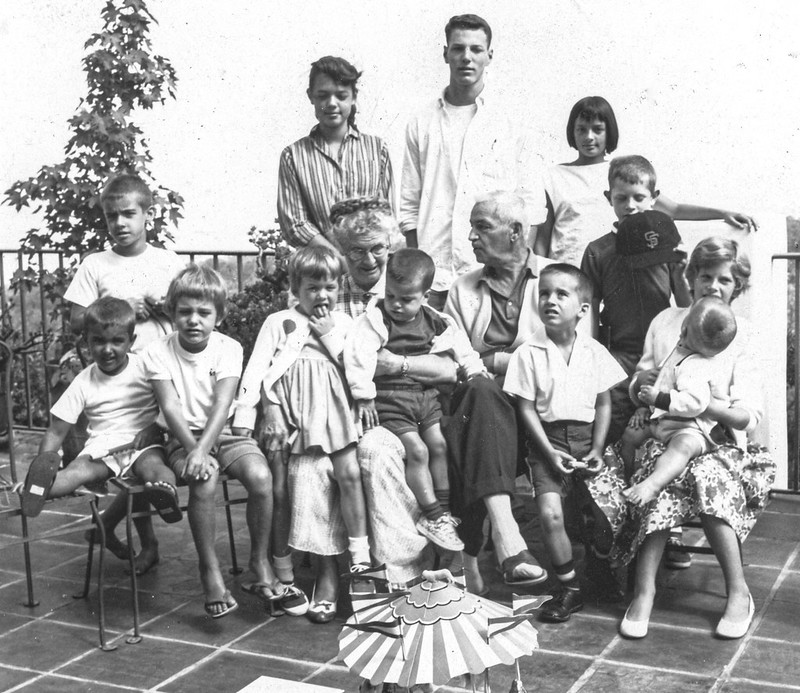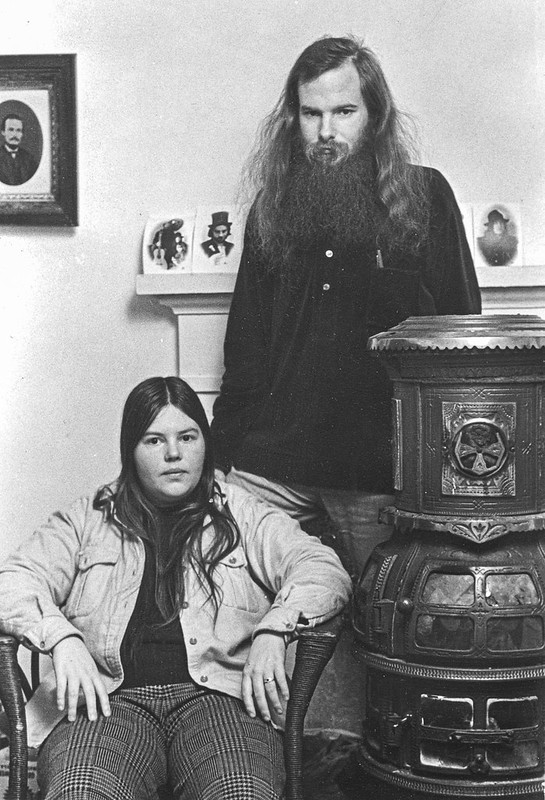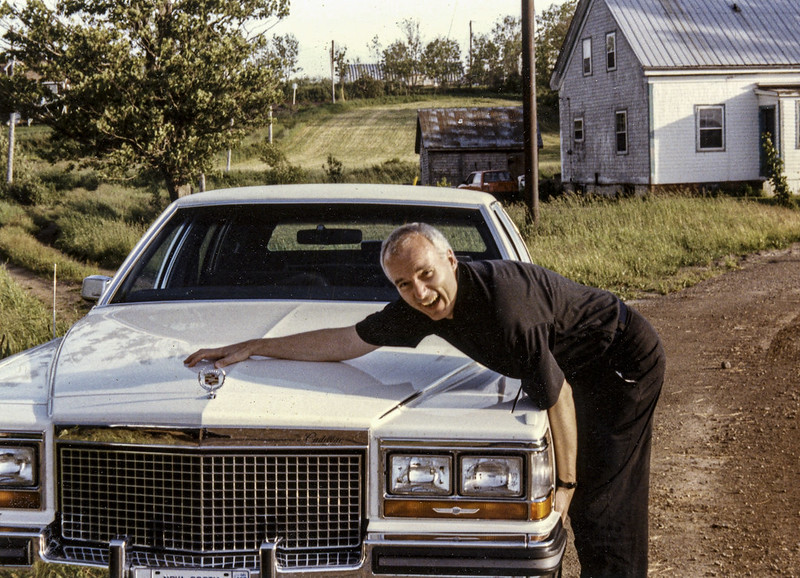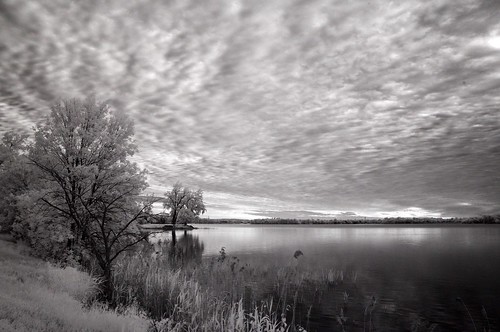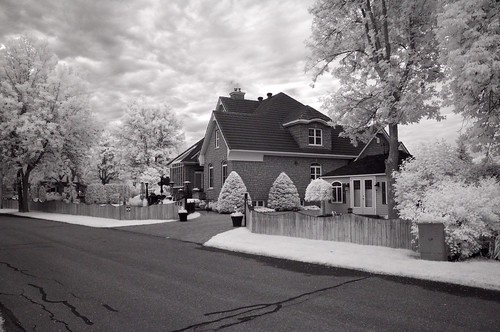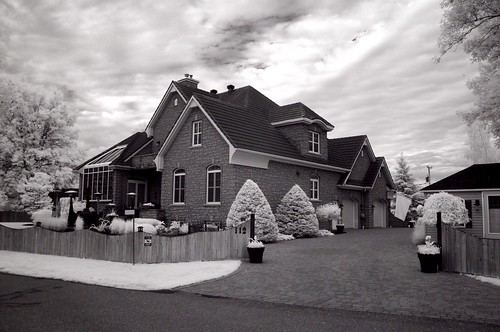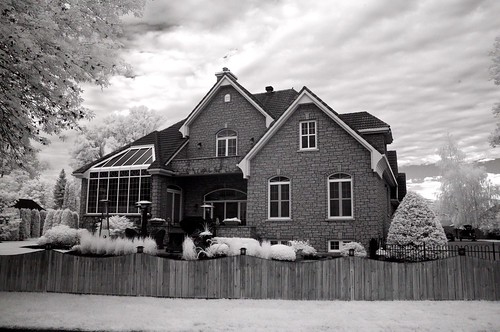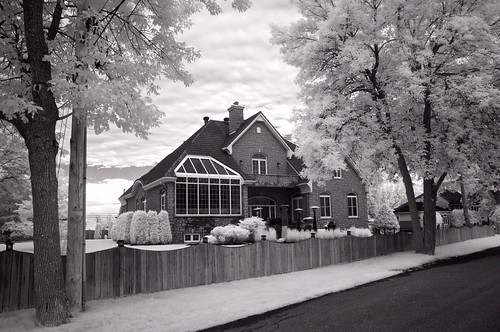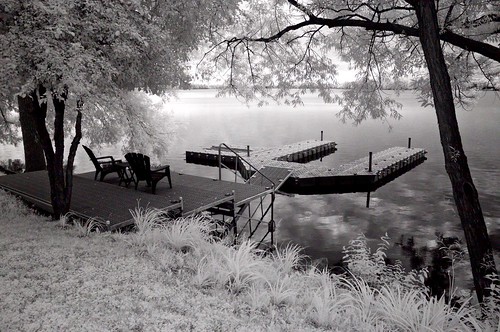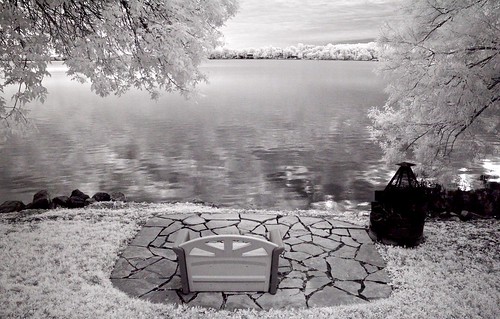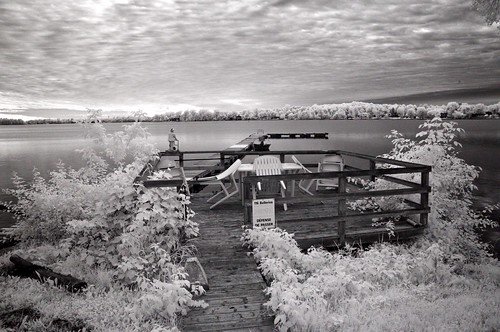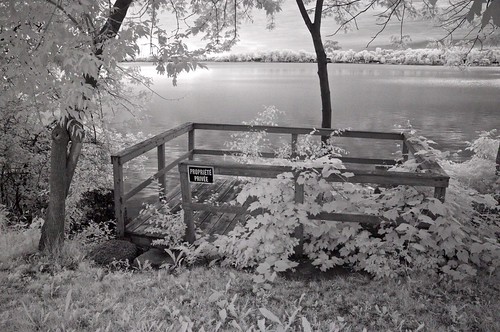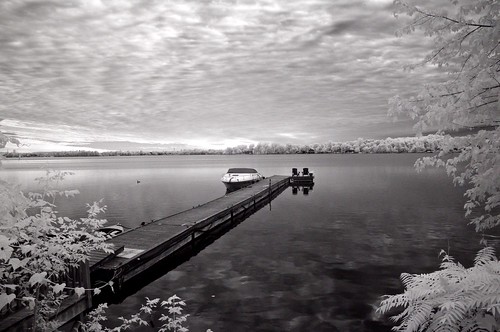John Koenig’s Dictionary of Obscure Sorrows arrived earlier in the week, and I’ve been enjoying it bit by bit. Here’s an entry that seems to fit with the ambient querilosity of the present moment:
LUMUS: the poignant humanness beneath the spectacle of society
Your culture never really leaves you. Its rhythms are encoded in your heartbeat, its music embedded in the sound of your voice. Its images make up the raw material of your wildest dreams, your deepest fears, even your attempts to rebel against it. So it’s hard not to get swept up in the spectacle of it all, absorbing its stories and values and symbols until you no longer question their importance. It’s as if there’s a circus wheeling around you all the time, so overwhelming that you keep forgetting it’s there.
But there are still moments when you manage to tune out the fanfare—taking time in nature, in solitude, or in some other culture entirely—getting away long enough so that when you return to normal life again, you’re able to look around with fresh eyes, and see how abnormal it really is.
You take in all the scenes and sideshows happening around you. It doesn’t quite feel like reality anymore, more like the worldbuilding of a fantasy novel. You have no idea who came up with this stuff, but you can’t help but be impressed by their tireless dedication to fleshing out even the most mundane details. The vaunted marble halls of politics and business and religion and the arts, each buttressed by its own rules and standards and practices, booming with the echoes of a billion conversations that everyone seems to take so very seriously. Rituals of status and fashion, the mythology of the markets, pop-culture think pieces, and waves upon waves of breaking news. You wonder how you ever managed to get so invested, following all these stock characters, and all their little dramas and debates. Who said what to whom? What does it all mean? What will happen next?
You’re struck by how arbitrary and provisional it all feels. Though it has the weight of reality, you know it could just as easily have been something else. You realize that all of our big ideas and sacred institutions were designed and built by ordinary human beings, soft-bellied mammals, who shiver when they’re cold, dance around when they have to pee, and lash out when they feel powerless. So much of our culture exists because someone was hungry once, someone was bored, someone was afraid, someone wanted to impress a mate, prove something wrong, or leave their kids a better life.
The circus is so big and bright and loud, it’s easy to believe that there’s the real world and you live somewhere outside it. But beneath all these constructed ideals, there is a darker heart of normalcy, a humble humanness, that powers the whole thing. We’re all just people. We go to work and play our roles as best we can, spinning our tales and performing our tricks, but then we take off our makeup and go home, where we carry on with our real lives. None of us really knows what is happening, what we’re doing, where we’re going, or why. Still we carry on, doing what we can to get through it. Even the roar of the city can sometimes feel like a cry for help.
Inevitably, within a few days or weeks at most, you’ll find yourself getting swept right back into the big show, even though you know it’s all just an act. That’s perhaps the most amazing thing about a society: even if none of us fully believes in it, we’re all willing to come together and pretend we do, doing our part to hold up the tent. If only so we can shut out the darkness for a little while, and offer each other the luxury of thinking that little things matter a great deal.
We know it’s all so silly and meaningless, and yet we’re still here, holding our breath together, waiting to see what happens next. And tomorrow, we’ll put ourselves out there and do it all again. The show must go on.
[Latin lumen, light, brightness + humus, a particularly rich and dark component of soil,
made of decayed organic matter]
If I was teaching Intro Anthropology, or Advanced Anthropology either too, I might use this passage as the Kickoff.
